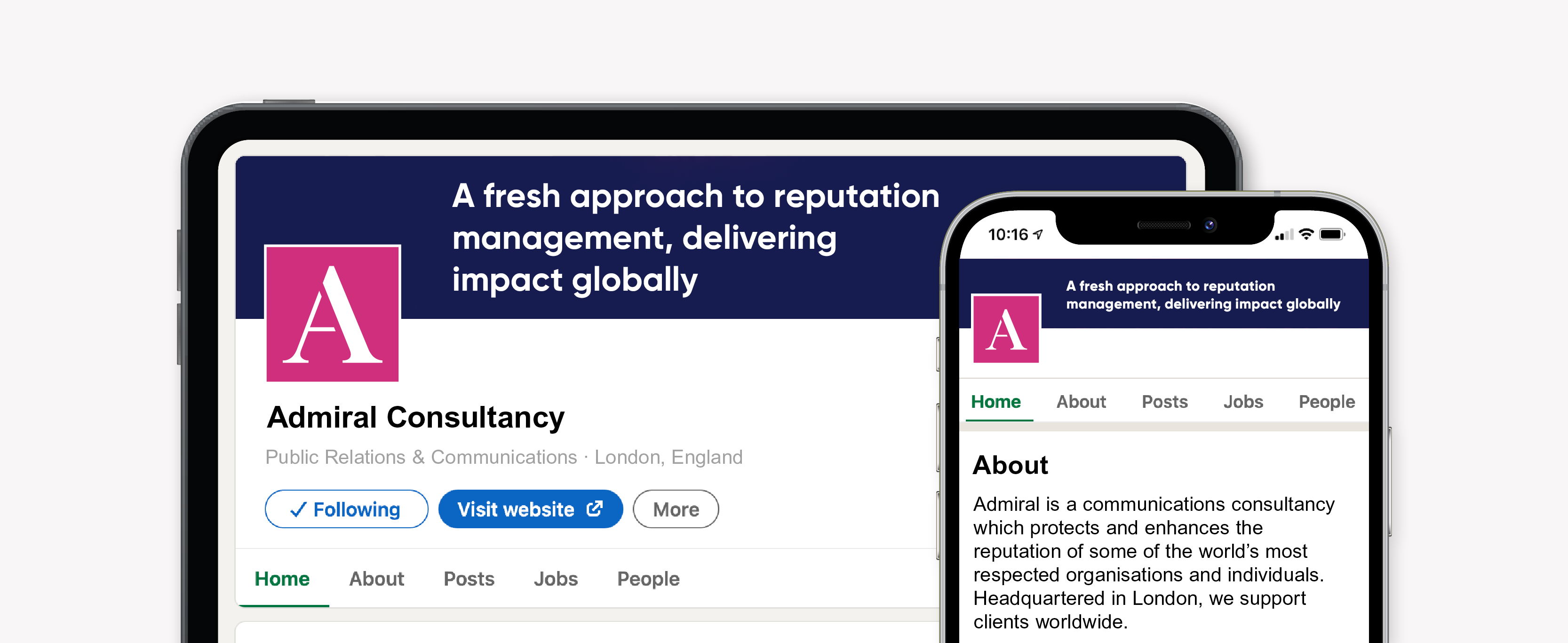
Dame Helen Mirren has said that young people should not be allowed to experience Shakespeare until they are at least fifteen. Her reasoning is not altogether convincing but goes something like this: that if the work of the Bard is safeguarded from young eyes, its appeal will be all the greater. It might also develop the allure of the forbidden fruit, perhaps even resulting in thirteen year olds sneaking off behind the bike sheds at school to dip into Othello during their lunch break. At the very least, she feels that too much too young (when it comes to Shakespeare) is not a good thing.
Whatever one’s views on deferring anyone’s first encounter with great works of literature, the story made the headlines in nearly all the mainstream media this week, including broadsheets, radio and television. This reflects the nature of media reportage: newsworthiness is a subtle combination of news hook (in this case Shakespeare’s 450th birthday) with an interesting opinion that is expressed by someone who matters.
This is the essence of Thought Leadership. It is not necessarily the views expressed that carry weight. After all, Sir Alex Ferguson almost certainly has views on Shakespeare’s sonnets but his opinion on the iambic pentameter is rarely sought. And for all we know, Helen Mirren might have a lot to say about the advantages of a 4-4-2 formation, but, not surprisingly, no one ever thought to ask her.
Thought Leadership is one of the cornerstones of public relations. When it comes to discussing issues within an industry there is no one better placed to give insightful analysis than someone whose expertise is in the nuts and bolts of that business. Equally, there is no better arena in which to shine than the one you already inhabit.
In the beginning, opinion articles can be written, either in the form of blogs or as pre-agreed pieces in relevant publications. With good quality original content and carefully executed search engine optimisation, an individual profile will be built. This can be supplemented with strategic use of social media and online discussion groups or networks.
Over time, a reputation develops and, ultimately, an individual will be sought out as a spokesperson for an industry. Of course this all seems very obvious so perhaps the surprising thing is how many industry leaders are either reluctant to spare the time to express their thoughts and underestimate the importance of developing their personal reputation within their own sector.
Not known for hiding her light under a bushel, Helen Mirren has spent a lifetime building a reputation as one of the outstanding actresses of her generation, embracing roles from Prime Suspect to Lady Macbeth. So when the media was looking for something relevant to the 450th birthday of William Shakespeare on Wednesday, they naturally looked to her for comment.
Industry experts are not going to be asked about Shakespeare or football but, within their own field, they can build the reputation of Thought Leader, becoming synonymous with the voice of their sector. It’s not the sort of fame that wins Olivier Awards but it is hugely advantageous to any type of business.
